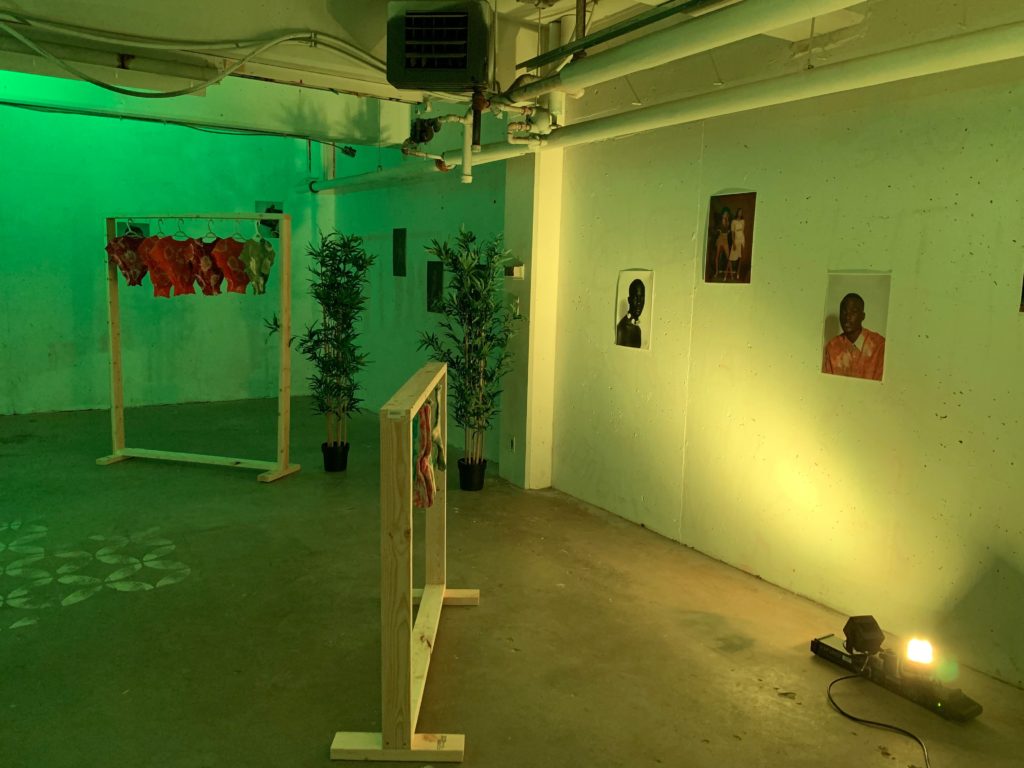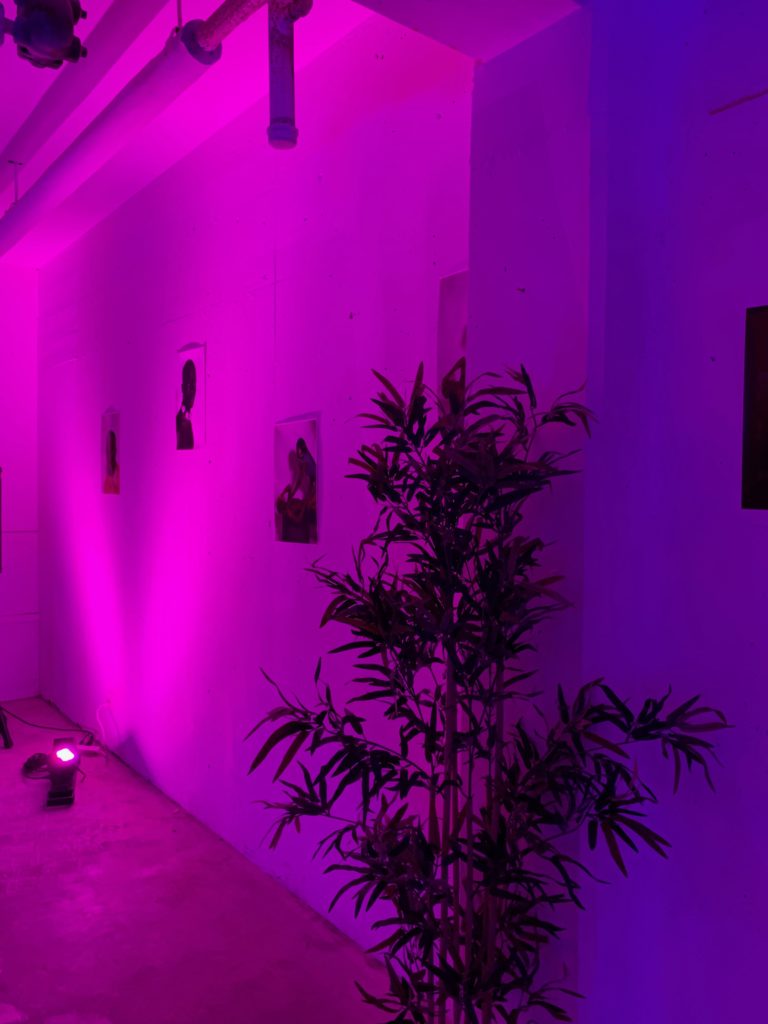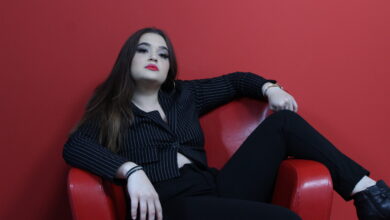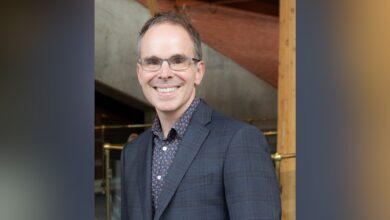NDIDI: Art and agency through a Nigerian lens
NDIDI merges Nigerian culture with modern ideas of feminism and self-agency
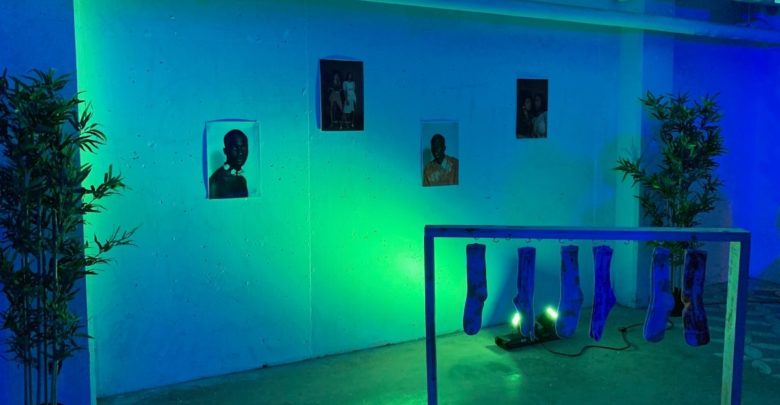 Calvin Chan
Calvin ChanWalking into the NDIDI art show, I was immediately transported from a crisp Edmonton winter night to a vibrant space exploring the co-existence of culture and feminism — reminding me of my African heritage, yet affirming parts of my identity often at war with my culture.
Under a hue of green, pink, and blue light, I couldn’t help but allow the Afro-beats to engulf me, urging me to sway my body from photo to photo of beautiful black models in empowering and sensual poses.
The space, rich with Nigeran culture and creating dialogue with modern ideas of feminism and self-agency, is representative of the artist Merlin Uwalaka.
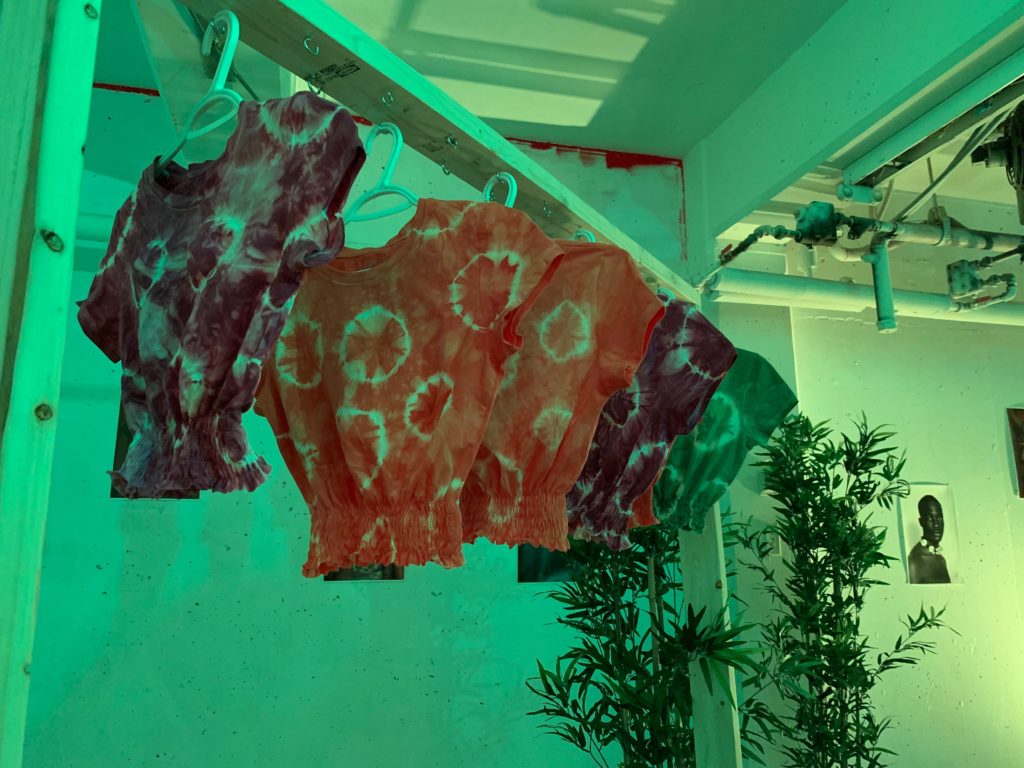
Uwalaka is a third-year ALES masters student, studying environmental sciences and resource economics at the University of Alberta. Outside of school, she is an artist, photographer, economist, writer, and fashion designer. Largely represented in her first exhibit NDIDI, Uwalaka is also an international student from Nigeria.
NDIDI was a collaboration with Pepper’d, an organization dedicated to facilitating black art in Edmonton. For Uwalaka, working with Pepper’d was an obvious decision.
“I was so happy to work with them, it was like a no-brainer and that’s because they’re championing black artists in Edmonton and that’s something that’s needed,” she said. “We needed to create this space and for them to step into that role is a lot of work. It’s work that for years people have known needs to be done, but no one has decided to do.”
The exhibit took two months to create, and according to Uwalaka, the hardest aspect of the process wasn’t necessarily the labour of making art, but rather allowing herself to be vulnerable as an artist.
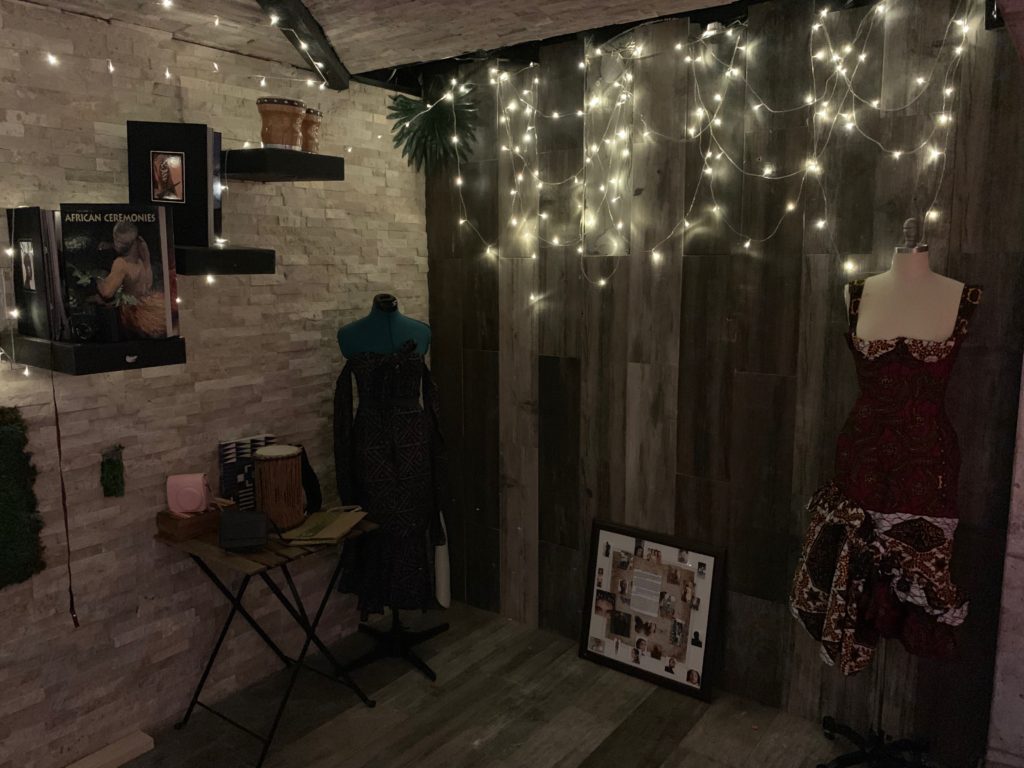
“As an artist, I haven’t been very loud or vocal or expressive, I just do my work, I make my pieces, I wear them, I go to bed,” Uwalaka said. “I have ideas for shoots, I do them, and I keep them in my computer.”
“For this, I wanted to share. The most important part for me is to try and see how much of myself I can actually let go of […]. It’s work that has healed me and I hope it can heal other people.”
From the pop-up shop displaying Uwalaka’s work under multicolour lights, patrons followed a hallway lined with Nigeran prints to a room projecting the Nollywood film, The President’s Daughter. Nollywood, the Nigeran film-industry, has been a large aspect of Uwalaka’s life this past year, starting with Uwalaka writing the article “From Glamour Girls to Nolly Babes” for The Republic, a Nigerian Journal.
Gesturing to the friends around her, Uwalaka explained how Nollywood has allowed them to start living their lives how they see fit, rather than following traditional cultural scripts.
“It changed the way we dressed, it changed the way we talked,” she explained. “We see ourselves like Nollywood babes, it’s given me a lot of strength and courage. I’ve been trying to unlearn a lot of the things I’ve learnt from my culture about being a woman in the world and Nolly babes have been a huge part of that because they are women that look like me and are where I’m from.”
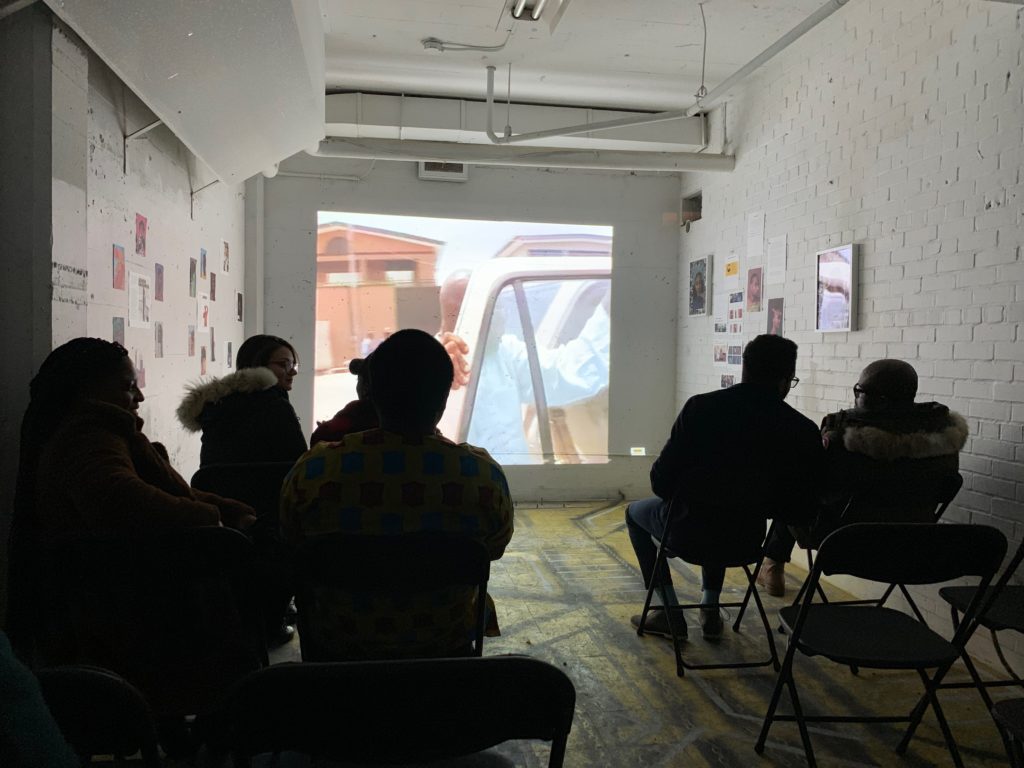
This specific film follows the president’s daughter after she fails medical school as an international student. As her father faces potential re-election, a spotlight is put on her actions which are equated to her father’s presidency. The narrative of exploring desires and stepping into oneself mirror the experiences of both Uwalaka and her friends.
“I know so many friends of mine that have that story, but they’re not flunking because they’re not smart, they’re flunking because they’re rebelling against the control from their parents,” she said.
“In doing my art, it’s not supported by my dad, he doesn’t know about [my show] and, if he knew about this, he would try to stop it. I’m just trying to do me and the movie encourages you to do that.”
From an outside perspective, it may be puzzling to see how sustainability and economy fit into the lifestyle of an artist. However, just as Uwalaka combines traditional culture and modern narratives to make art, she also finds a way to remedy art with her academic pursuits.
“What I make is influenced by where I’m from, what I’m learning — I’ll be learning something in economics and apply the math aspect,” she said. “I also try to make my own prints and that’s just something that is off of sustainability, which is something big in my degree. It kind of mix and matches vibes.”
“The goal right now is to merge all the disciplines and make spaces for people while still making sure we’re telling stories that are important and doing research in different ways,” Uwalaka explained.
The title of the exhibit, NDIDI, is actually Uwalaka’s mother’s name, which means patience. Patience, Uwalaka learned, has been fundamental in balancing all her disciplines and accepting the fact that because of her art, her Master’s degree would take more time.
“2019 has been about me stepping back, I’m used to me doing things really quick and getting out — that’s been my whole life,” she said. “I’ve been doing my master’s degree for three years — normal me would get that done nine months to a year — so it’s been really frustrating that I couldn’t [finish] in that time, but […] I needed to learn patience.”
